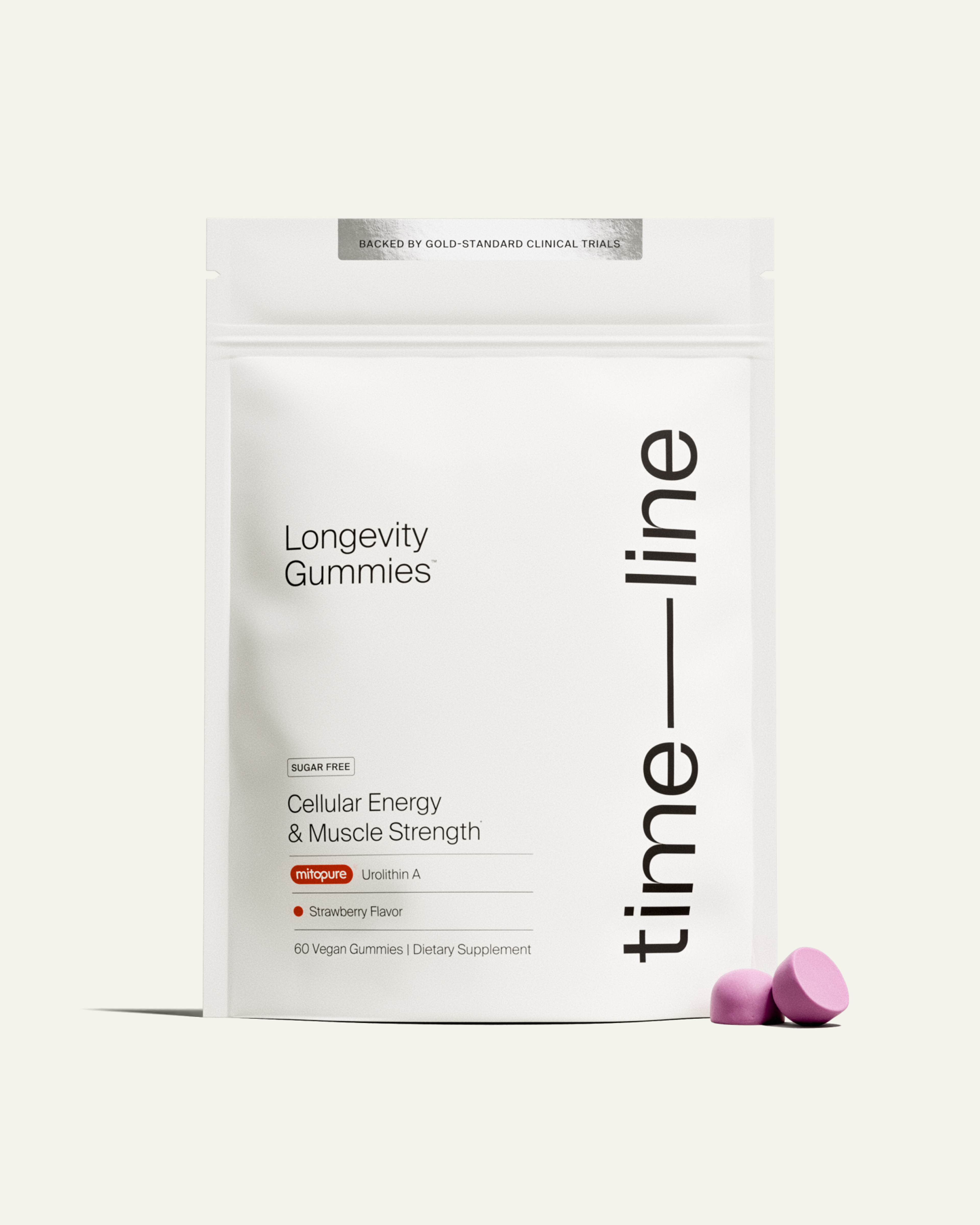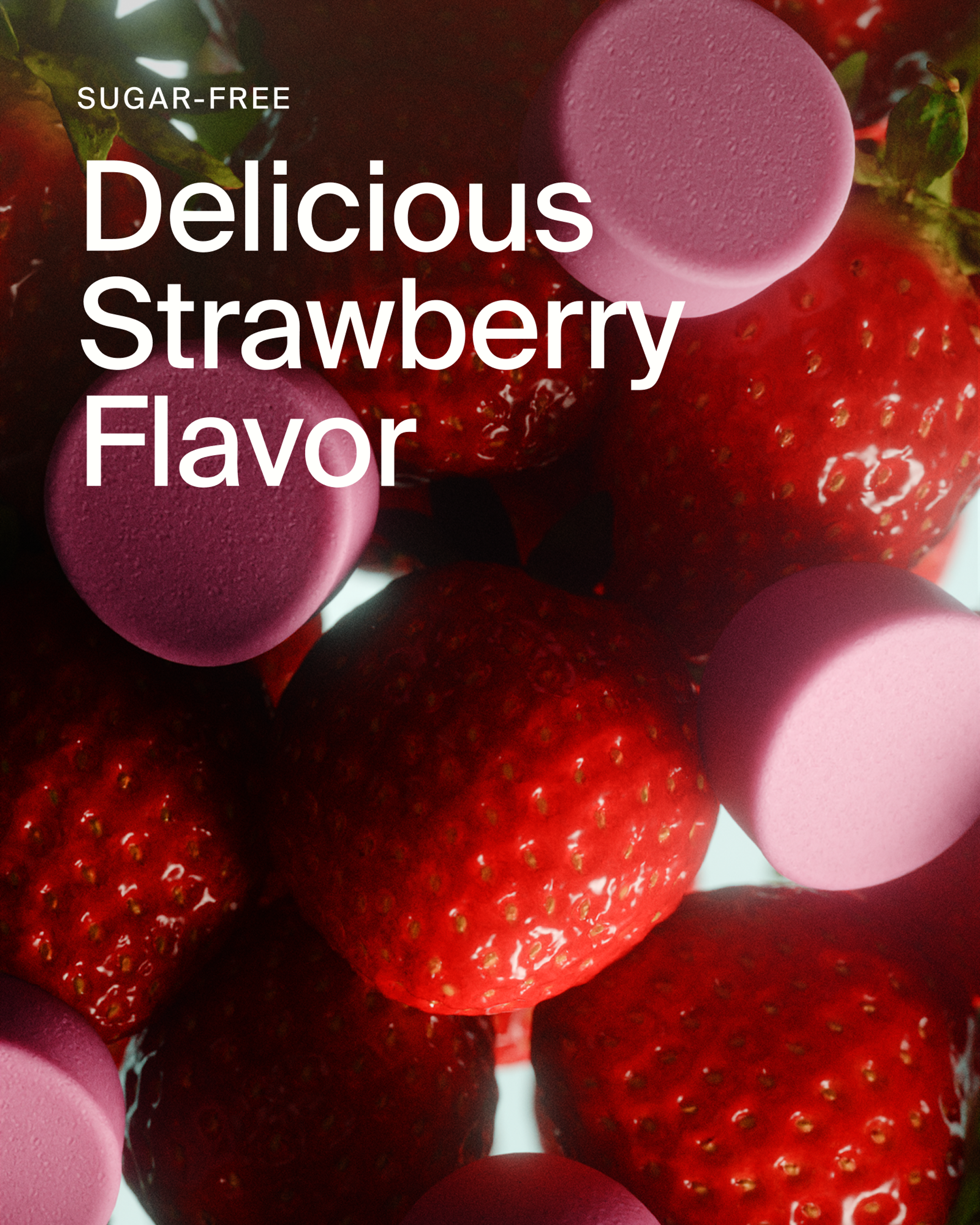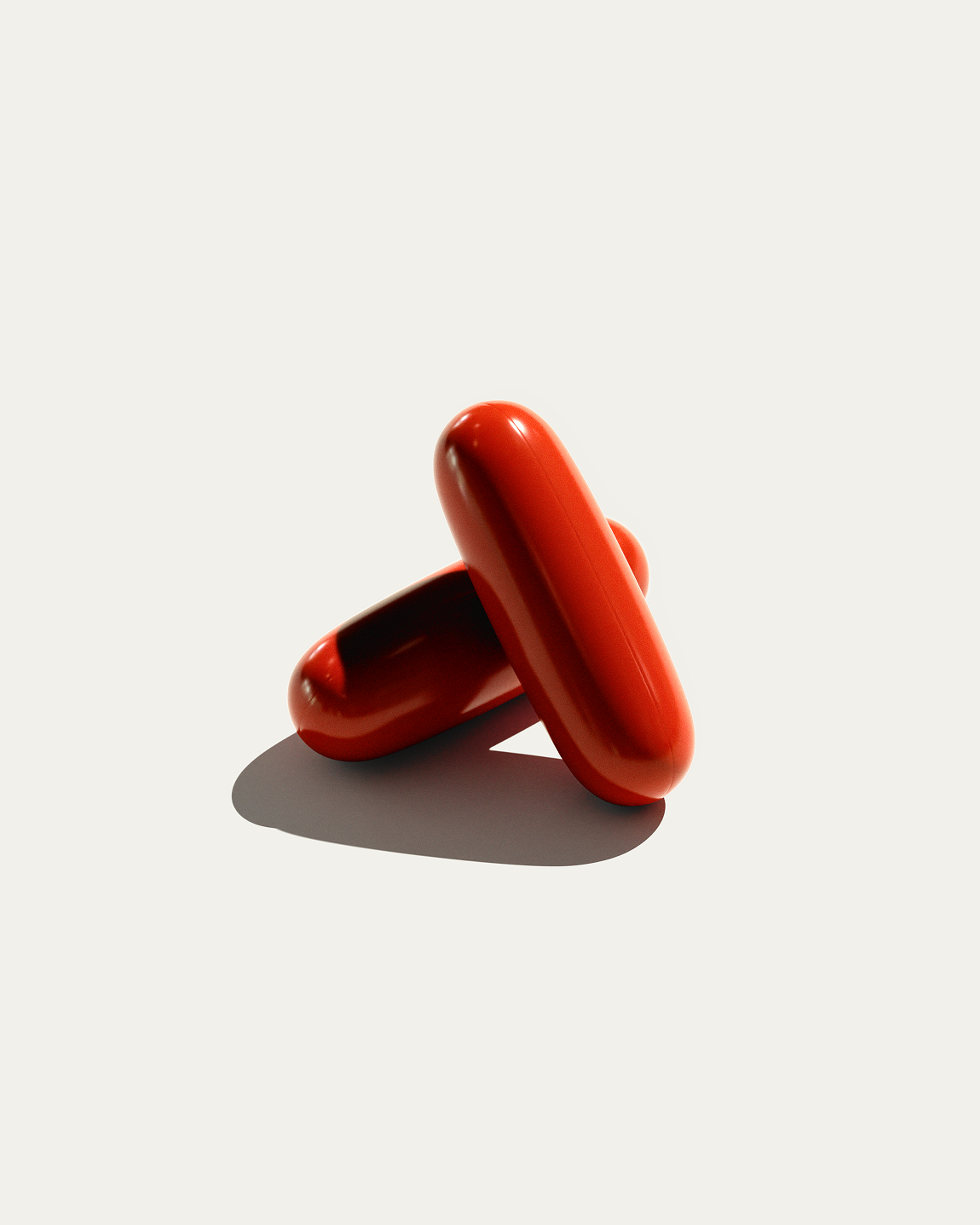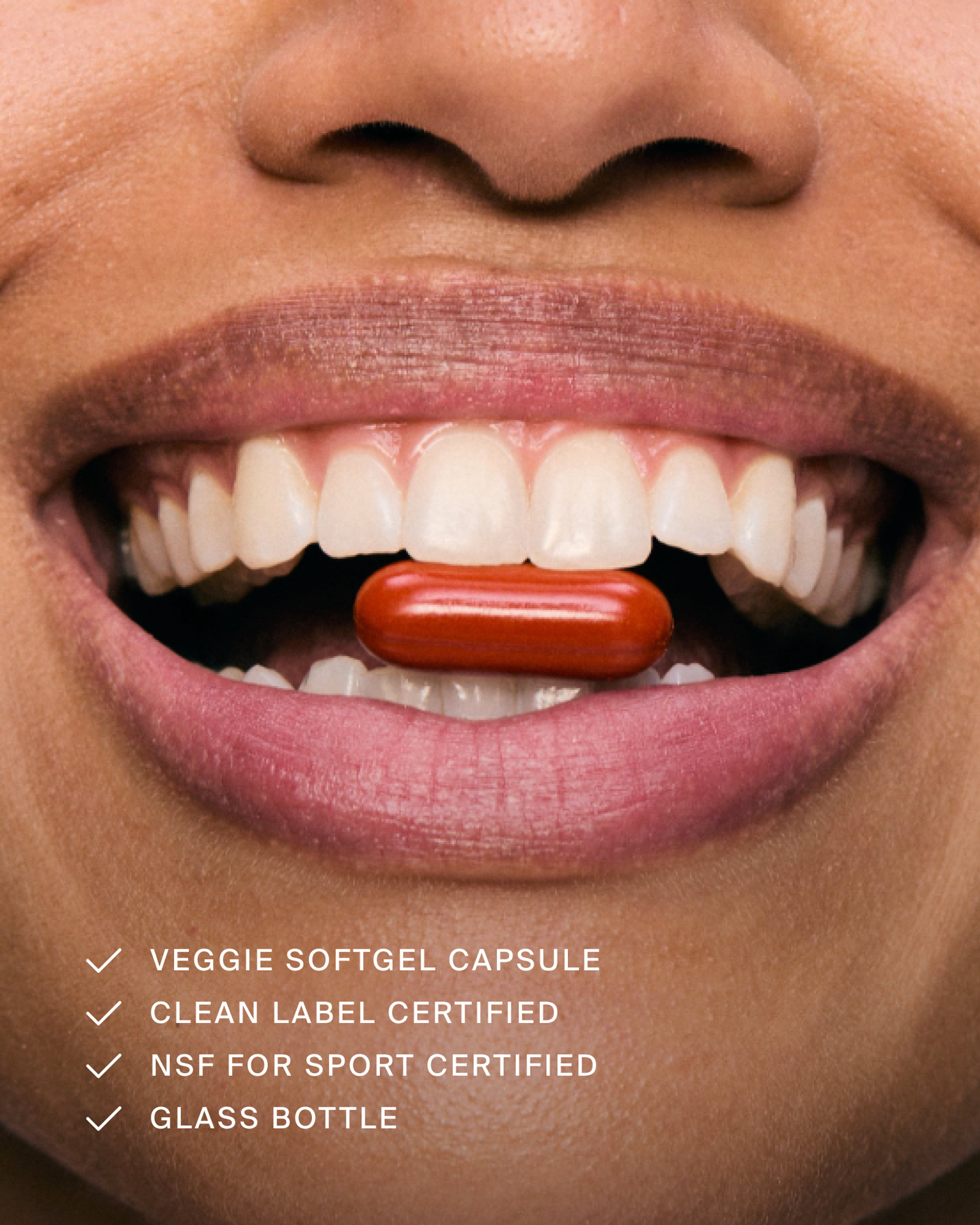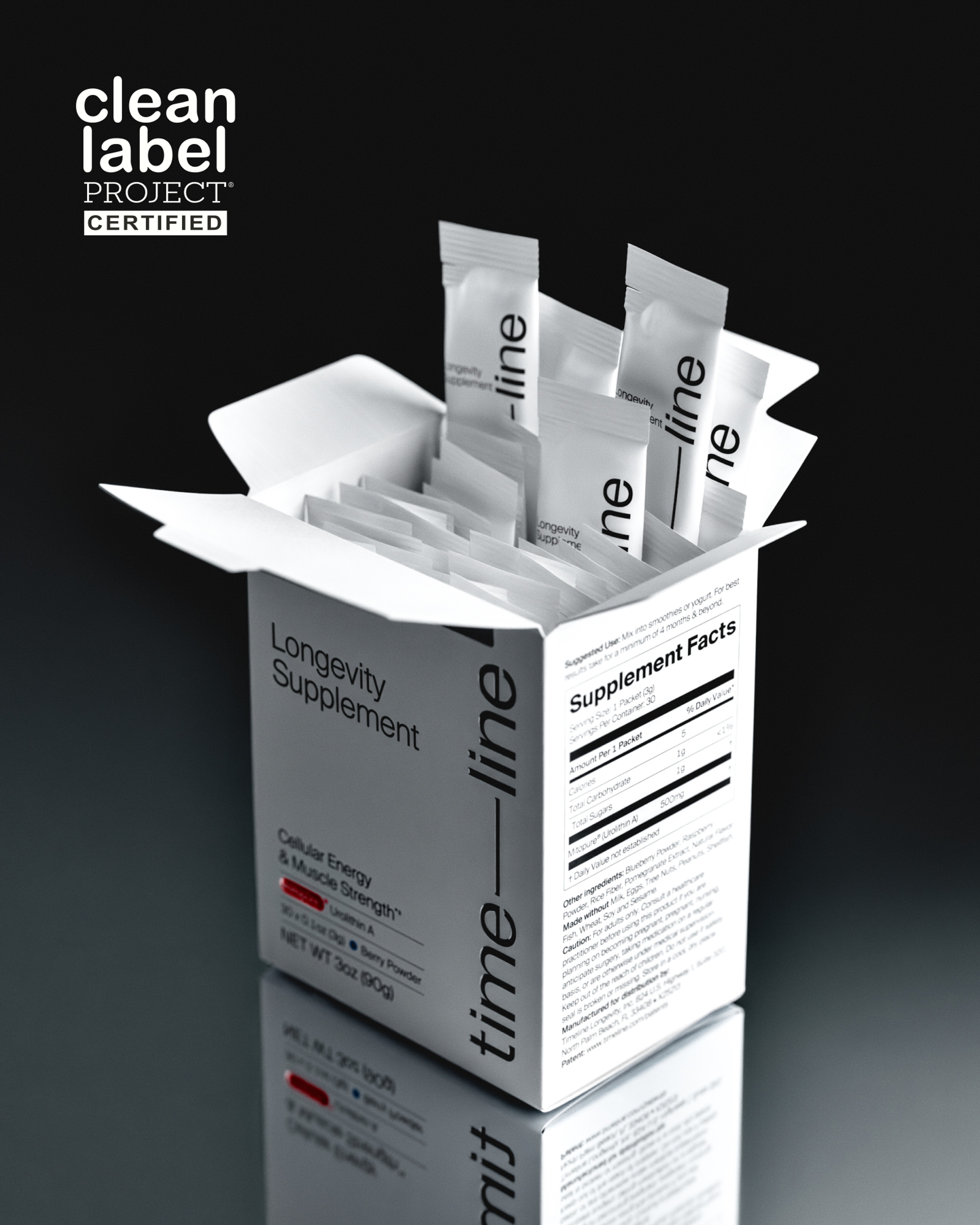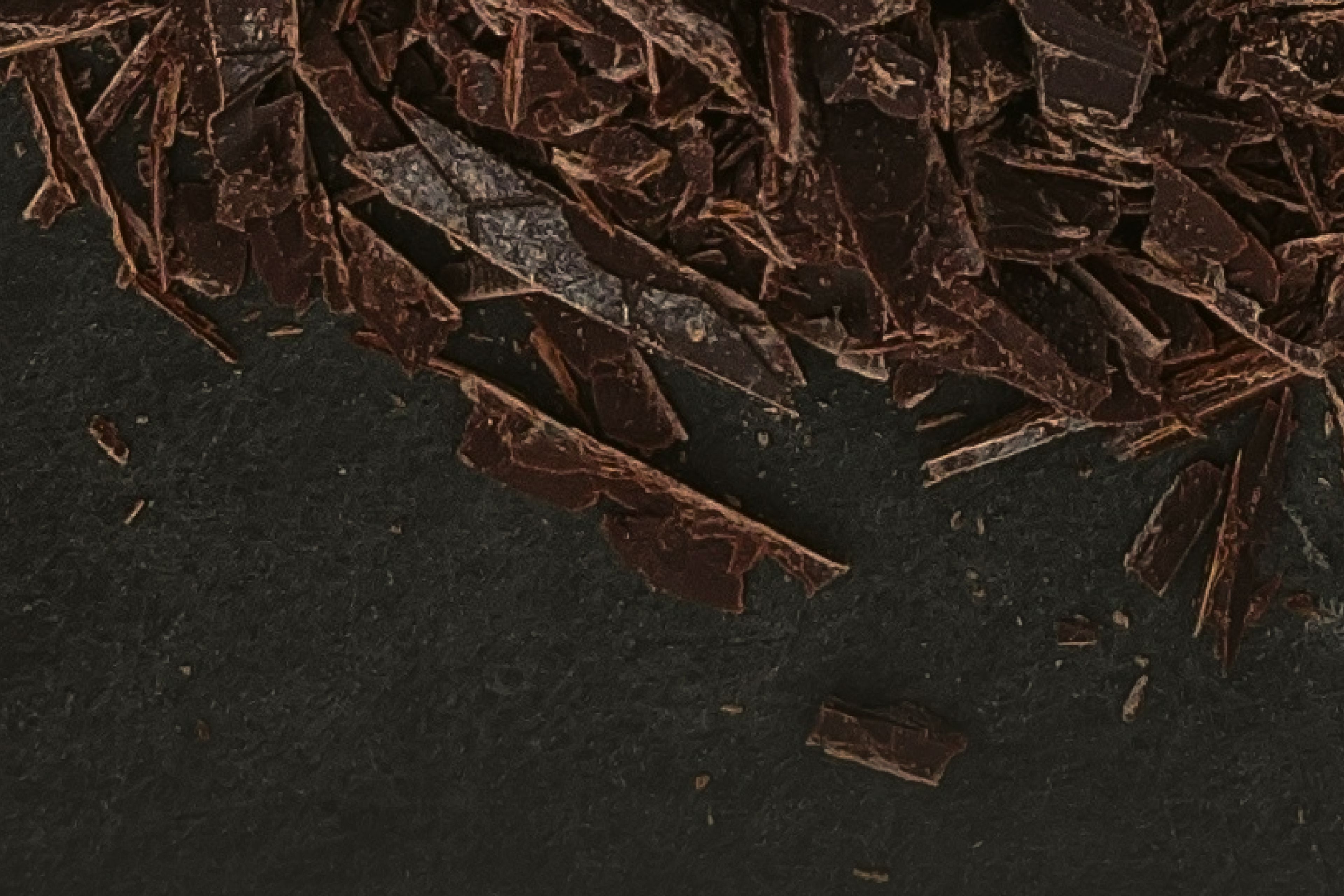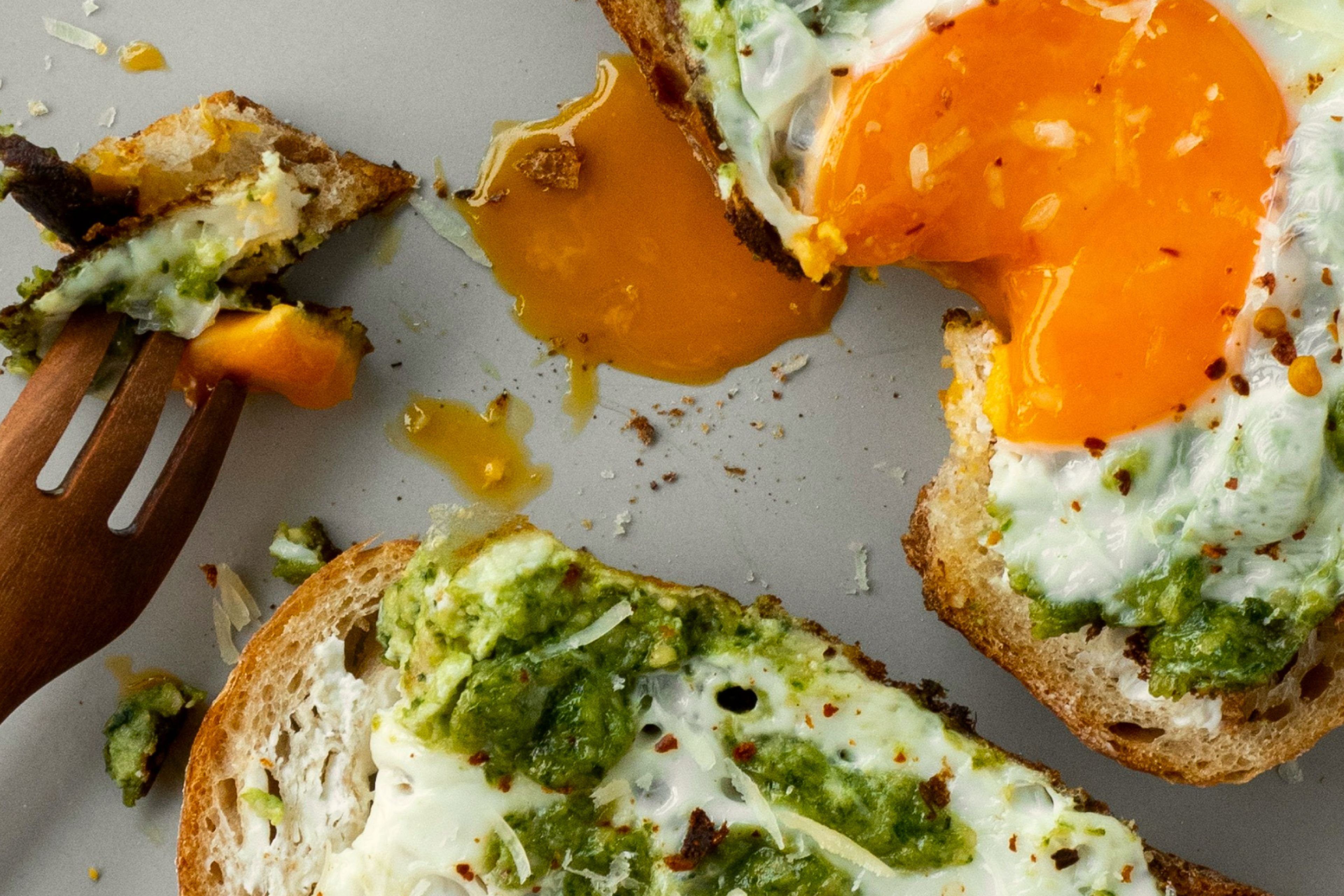Biohack Your Favorite Fall Lattes Into Healthier Versions
Biohack your fall beverages with our Pumpkin Spice Latte recipe, Healthy Chai Latte, Hot Apple Cider, plus longevity recipes using Mitopure.
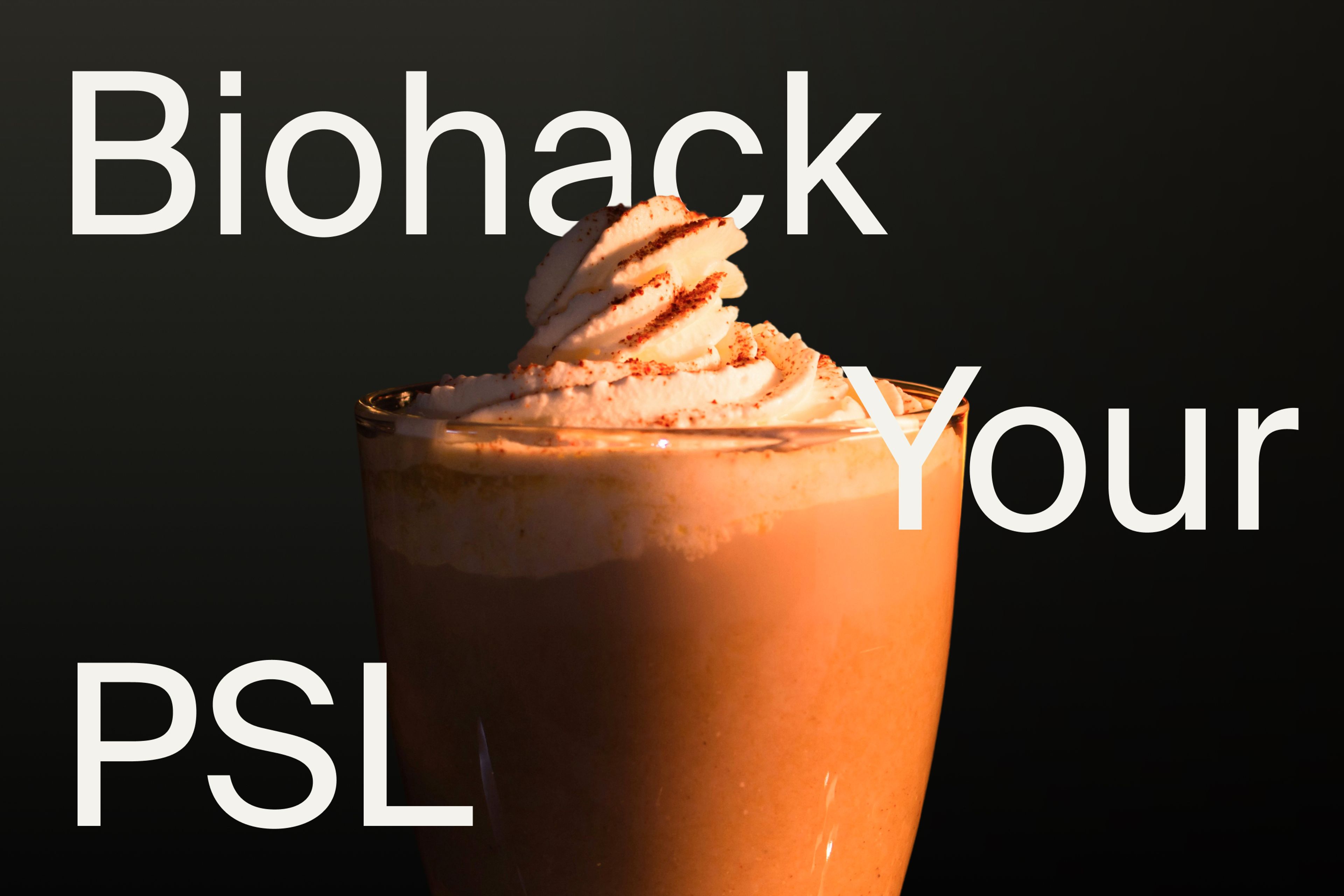
What to know
Seasonal beverage favorites can be sugar and calorie bombs, but you can biohack these beverages for longevity-boosting benefits.
Added sugars and syrups drive inflammation and offer little in terms of longevity benefits.
Biohacking strategies include cutting back on syrups, choosing unsweetened milks, and swapping in natural sweeteners like monk fruit or stevia.
Spices and add-ins like cinnamon, turmeric, ginger, collagen, and Mitopure powder enhance flavor and support longevity.
Homemade recipes like DIY pumpkin spice, chai, and cider (plus a winter berry Mitopure smoothie) deliver a cozy flavor that supports longevity and a healthy inflammatory response.
The cozy fall season brings warm beverage favorites like pumpkin spice lattes, chai lattes, and apple cider. While these may be a familiar comfort to many, not all pumpkin spice lattes are created equal in terms of their health profile.
Traditional Starbucks pumpkin spice lattes and chai lattes can be considered sugar and calorie bombs in a glass, and don’t offer much in terms of longevity-building benefits.
Fortunately, with a few tweaks, you can “biohack” these drinks to keep all the flavor while boosting nutrition and longevity benefits at the same time. This article breaks down the nutrition facts of these popular fall drinks, sharing healthier swaps and homemade longevity recipes, including a bonus winter berry smoothie featuring Mitopure® powder.
The Nutrition Facts Behind Popular Fall Drinks
While there is much excitement around cozy fall beverages, they can pack an unhealthy dose of unnecessary calories, added sugar, and ultra-processed ingredients. Let’s break down each one.
Pumpkin Spice Latte
For a Grande (16-oz) with 2 percent milk:
Calories: 390[1]
This is more than many popular food treats at popular coffee chains, such as a chocolate croissant, which contains 340 calories[2], or even a pumpkin cream cheese muffin, for 350 calories[3].
Sugar: 50 grams
While some of this total comes from the natural sugar in the milk, the majority of it comes from added sugar from syrups, flavoring, and whipped cream. And since added sugar in sweetened beverages is linked to chronic inflammation, [4]it’s a good idea to limit this as much as possible.
Other ingredients:
Other unhealthy ingredients include sweetened condensed milk, vanilla syrup, and carrageenan. While carrageenan is a common thickening agent, too much of it is linked to inflammation in the gut in sensitive individuals.[5]
Chai Latte
For a Grande (16 oz) with 2 percent milk:
Calories: 240 calories[6]
While it doesn’t taste as sweet as the PSL, a chai latte is still pretty calorie-dense at 240 calories. This is almost as much as a croissant[8] or cheese danish[7], and may not be as satisfying as real food.
Sugar: 42 grams
For a seemingly lighter beverage choice, the chai latte still packs 42 grams of sugar, which is more than the daily recommended limit of 25 grams for women and 36 grams for men.[9] The majority of this sugar comes from their flavorings and honey-filled chai concentrate.
Other ingredients:
This beverage contains less overall ingredients than the PSL, but includes added honey, syrups, and flavorings that pack a sugary punch.
Apple Cider (Storebought)
Don’t let the word “apple” deceive you ⸺ many store-bought apple ciders can pack more sugar than a can of soda. Even when labeled as “natural,” many contain added sweeteners aside from the natural sweetness from the apples, making them sneakily high in both sugar and calories.
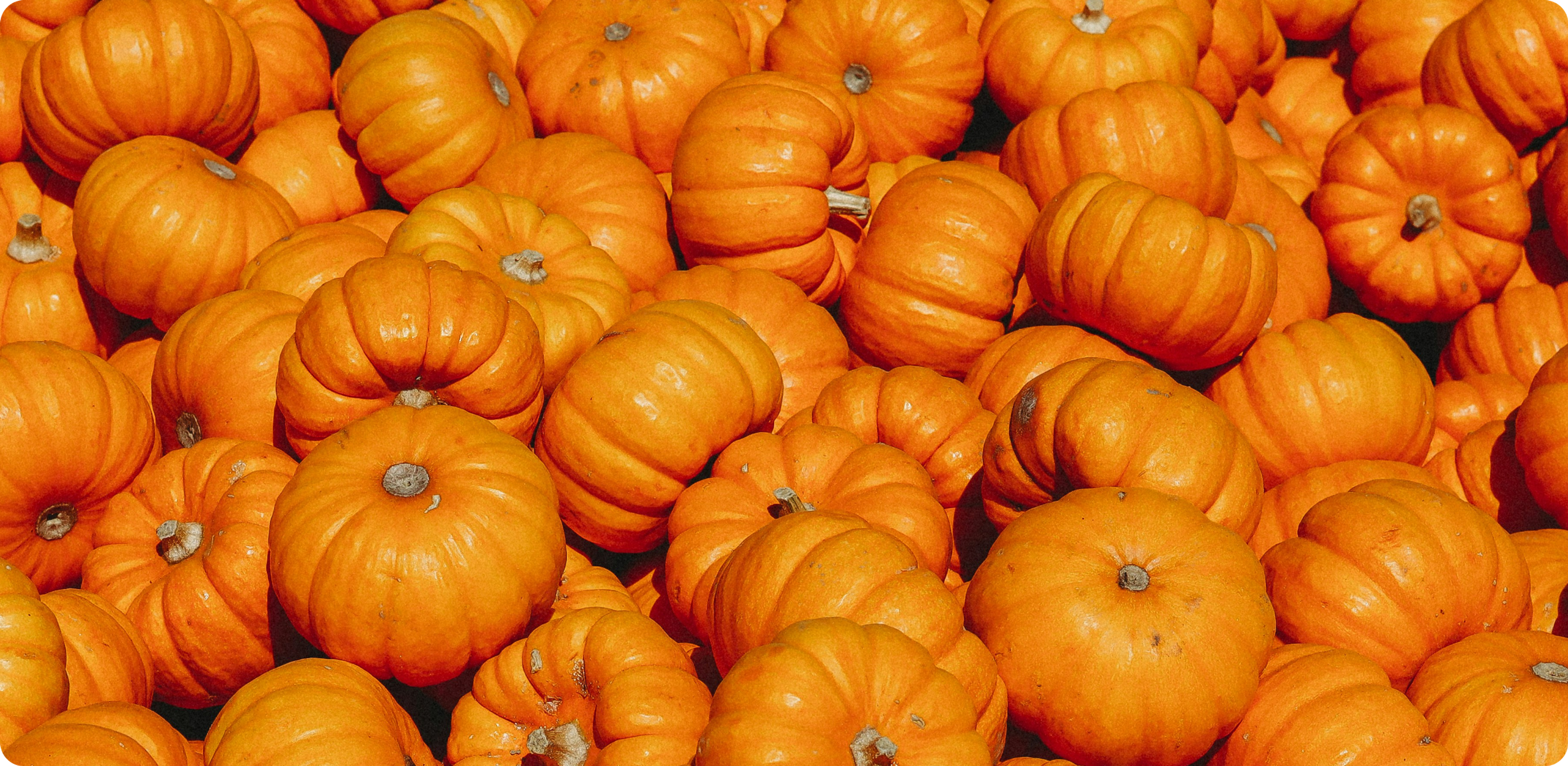
How to Biohack Your Favorite Fall Beverages
The good news is you can continue to enjoy your cool weather favorites and give your health (and immunity) a needed jolt. Here’s how to order a healthier fall beverage.
Cut Back on Sugar
Many pre-made fall beverages contain more sugar and added syrups than necessary. You can start cutting back by asking them to add less pumps of syrup or flavor (for example, one or two pumps instead of four) or instead add natural, calorie-free sweeteners like monk fruit or stevia instead.
Especially if you have insulin resistance or diabetes, you can choose these calorie-free sweetener options that are less likely to spike blood sugar [10]and still give you that hint of sweetness you’re looking for.
Upgrade Your Milk Choices
Swapping the type of milk added can reduce sugar and calories or pack additional nutrients, depending on your priorities. For example, if reducing calories is your priority, swapping 2 percent milk[12] for unsweetened almond milk [11]can reduce close to 80 calories, depending on how much is being added.
However, if your goal is to get in more protein for muscle growth and longevity, skim milk may be a better choice depending on your calorie goals.[13]
Spices and Smart Ingredients for Extra Health Benefits
Not all latte ingredients are harmful, and including warm spices like cinnamon, turmeric, and ginger, and other add-ins like collagen or protein powder can provide longevity-boosting benefits. Cinnamon may promote healthy blood sugar levels,[14] turmeric supports a healthy inflammatory response, and ginger can aid in healthy digestion.[15]
Adding a sprinkle of one or all of these spices also adds natural sweetness and flavor to your latte without added sugar.
You can also add pumpkin puree to a homemade latte or Mitopure Berry Powder, which contains a clinically tested dose of Urolithin A to support mitochondrial health and adds a tart berry flavor.[16]
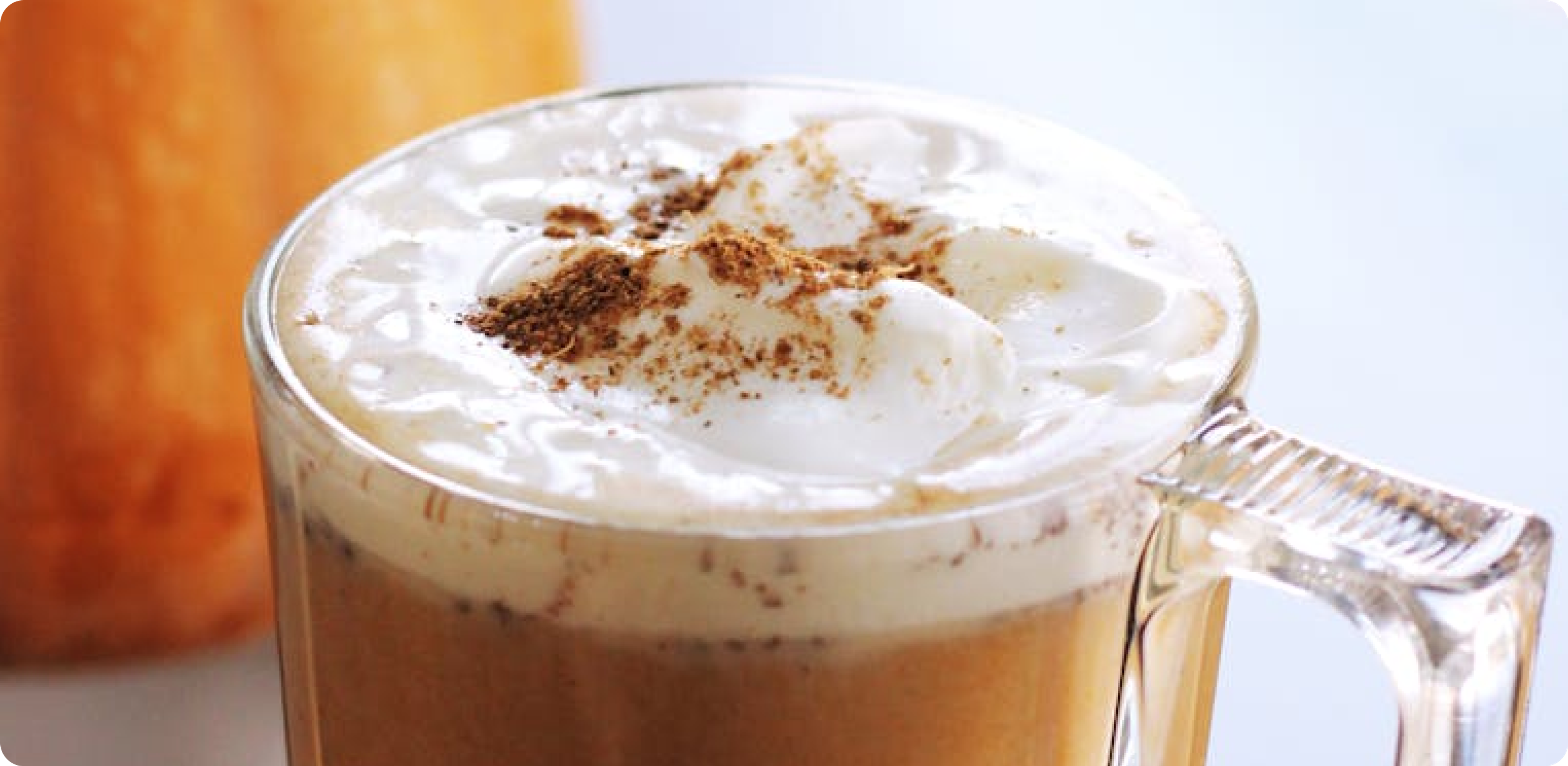
Homemade Biohacked Recipes for Fall Favorites
While you can certainly healthify your favorite Starbucks recipes, making your own homemade version gives you full control of your beverages’ biohacking potential. Here are a few easy homemade versions to try with more longevity ingredients and less sugar and calories.
Homemade Pumpkin Spice Latte Recipe
Ingredients (1 serving):
- 1 cup unsweetened almond milk (or milk of choice)
- 2–3 tbsp pure pumpkin puree
- 1 shot of espresso or ½ cup strong brewed coffee
- ½ tsp pumpkin pie spice (or mix of cinnamon, nutmeg, ginger, clove)
- ½ tsp vanilla extract
- ½–1 tsp maple syrup or monk fruit/stevia (optional, for sweetness)
- 1 scoop collagen peptides or protein powder (optional, supports muscle health)
Instructions:
- In a small saucepan, warm the milk and pumpkin puree over medium heat until hot but not boiling.
- Whisk in pumpkin pie spice, vanilla, and sweetener of choice.
- Pour mixture into a blender, add espresso, and blend until frothy.
- Stir in collagen or protein powder once slightly cooled (to preserve nutrients).
- Pour into a mug, sprinkle extra cinnamon on top, and enjoy!
This version delivers the cozy pumpkin spice flavor with less sugar and more fiber. You can also add select spices that support longevity and a healthy inflammatory response.
Healthy Chai Latte Recipe
Ingredients (1 serving):
- 1 cup unsweetened almond milk (or milk of choice)
- 1 chai tea bag (or 1 tbsp loose-leaf chai)
- ½ tsp cinnamon
- ¼ tsp ground ginger
- ¼ tsp turmeric + pinch of black pepper
- ½–1 tsp raw honey, monk fruit, or stevia (optional, for light sweetness)
- Optional: 1 scoop collagen peptides or plant protein powder
Instructions:
Heat almond milk in a small saucepan until warm but not boiling.
Steep the chai tea bag in the hot milk for 5–7 minutes (longer for stronger flavor).
Stir in cinnamon, ginger, turmeric, black pepper, and sweetener of choice.
Remove from heat. Once slightly cooled, stir in collagen or protein powder if using.
Froth with a whisk or handheld frother, pour into a mug, and sprinkle with extra cinnamon on top.
This biohacked chai latte combines warming spices with a healthy inflammatory response, all with minimal added sugar. It also contains a pinch of black pepper, as it contains an ingredient called piperine[17], which can aid in turmeric absorption.
Hot Apple Cider Recipe
Ingredients (2 servings):
- 2 cups unsweetened apple juice (or fresh-pressed apple cider, no added sugar)
- 1 cinnamon stick
- 3–4 whole cloves
- 2–3 thin slices of fresh ginger
- 1 small orange slice or peel
- ½ tsp turmeric + pinch of black pepper
- Optional: 1 tsp maple syrup, honey, or monk fruit/stevia for added sweetness
Instructions:
In a small pot, combine apple juice, cinnamon stick, cloves, ginger, and orange slice.
Bring to a gentle simmer over medium heat for 10–15 minutes.
Remove from heat and strain into mugs.
Let cool slightly, then stir in turmeric, black pepper, and sweetener, if desired.
Garnish with a cinnamon stick or orange slice and enjoy warm.
This version keeps the comfort of traditional cider while cutting excess sugar and supporting a healthy inflammatory response, antioxidant, and longevity-supporting ingredients like cinnamon, cloves[18], and vitamin C from oranges.[19]
Bonus Recipe: Winter Berry Longevity Smoothie with Mitopure
For the ultimate antioxidant and longevity booster, try a winter berry longevity smoothie featuring Mitopure:
Winter Berry Longevity Smoothie with Mitopure Powder
Ingredients:
- 1 cup frozen mixed berries
- 1 cup unsweetened almond milk
- 1 handful spinach
- 1 tbsp chia or flax seeds
- ½ cup pomegranate seeds
- 1 scoop Mitopure berry powder
Instructions: Blend all ingredients until smooth and creamy.
Packed with antioxidants, fiber, and a direct dose of Urolithin A from Mitopure, this smoothie supports cellular energy, gut health, and longevity.
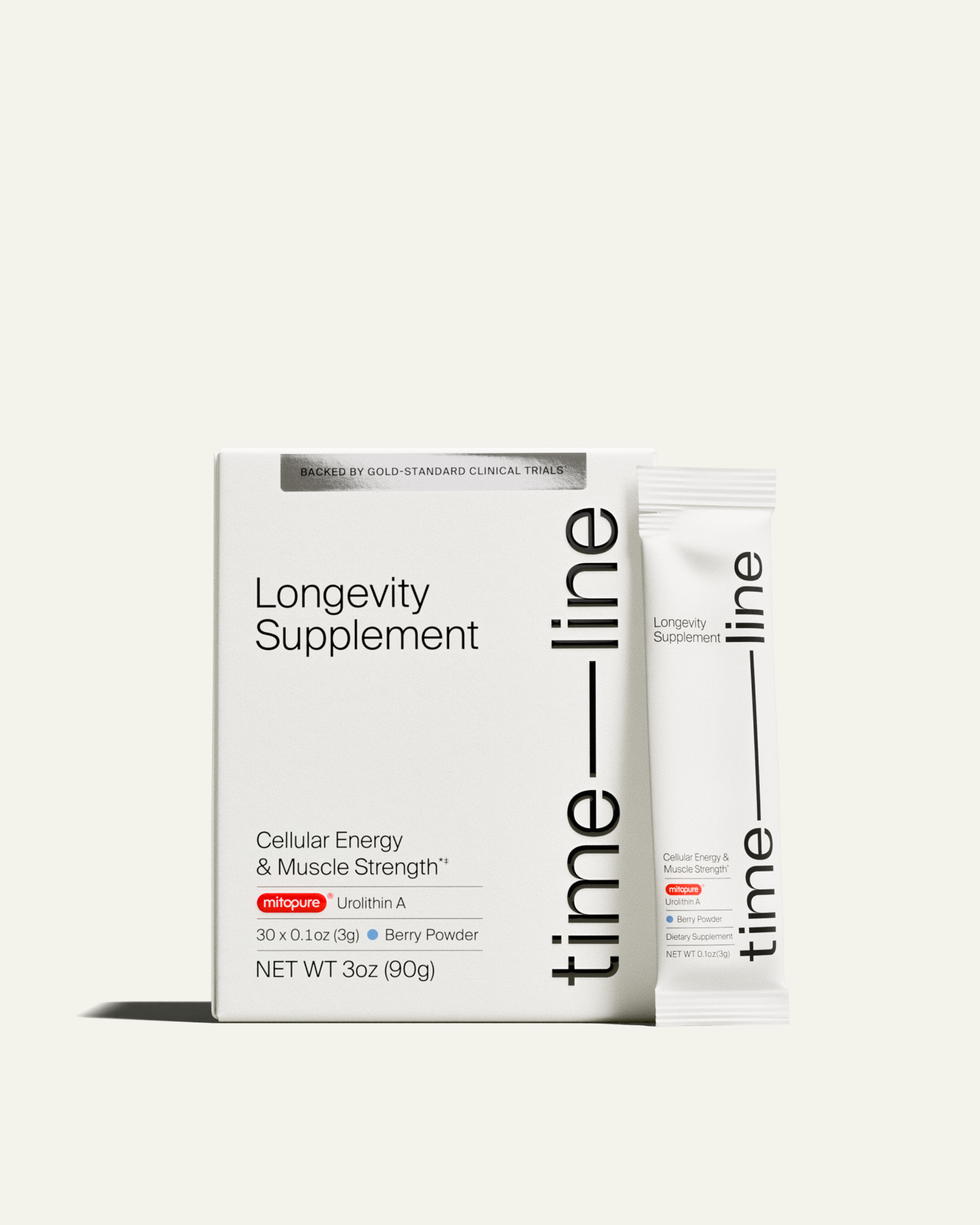
Mitopure Powder
4.5 · 1053 reviews
A tasty addition to your health routine
Sip Smarter This Season
Your favorite cold-weather drinks don’t have to sabotage your health. With small tweaks and simple homemade versions, you can biohack your PSL, chai, and cider into nutrient-packed, longevity-supporting treats.
And if you need a comforting smoothie to get you through winter, slip in a packet of Mitopure Berry Powder for even more longevity-boosting benefits.
Authors

Written by
Dietitian-Nutritionist, and Health Content Writer

Reviewed by
Director Science Communications
References
- ↑
https://www.starbucks.com/menu/product/418/hot/nutrition (https://www.google.com/url?q=https://www.starbucks.com/menu/product/418/hot/nutrition&sa=D&source=docs&ust=1760112892268782&usg=AOvVaw2ZUIhNE_5giG6cS_MG3TG9)
- ↑
https://www.starbucks.ca/menu/product/1028/single/nutrition (https://www.google.com/url?q=https://www.starbucks.ca/menu/product/1028/single/nutrition&sa=D&source=docs&ust=1760112892269219&usg=AOvVaw3iDOcDQS7iIRkPrtPcLuvo)
- ↑
https://www.starbucks.com/menu/product/873068622/single (https://www.google.com/url?q=https://www.starbucks.com/menu/product/873068622/single&sa=D&source=docs&ust=1760112892269602&usg=AOvVaw24tvyGdCYdffmLhbveF_Lu)
- ↑
Liu F, Hou P, Zhang H, Tang Q, Xue C, Li RW. Food-grade carrageenans and their implications in health and disease. Compr Rev Food Sci Food Saf. 2021;20(4):3918-3936. doi:10.1111/1541-4337.12790
- ↑
Ma X, Nan F, Liang H, et al. Excessive intake of sugar: An accomplice of inflammation. Front Immunol. 2022;13:988481. Published 2022 Aug 31. doi:10.3389/fimmu.2022.988481
- ↑
https://www.starbucks.com/menu/product/466/hot/nutrition (https://www.google.com/url?q=https://www.starbucks.com/menu/product/466/hot/nutrition&sa=D&source=docs&ust=1760112892273045&usg=AOvVaw0hNfADGmQZhNiWjpajxCWv)
- ↑
https://www.starbucks.com/menu/product/1040/single (https://www.google.com/url?q=https://www.starbucks.com/menu/product/1040/single&sa=D&source=docs&ust=1760112892272303&usg=AOvVaw2Kwt-qFUPBn9y6-1GEEE5p)
- ↑
https://www.starbucks.com/menu/product/1033/single
- ↑
https://www.heart.org/en/healthy-living/healthy-eating/eat-smart/sugar/how-much-sugar-is-too-much (https://www.google.com/url?q=https://www.heart.org/en/healthy-living/healthy-eating/eat-smart/sugar/how-much-sugar-is-too-much&sa=D&source=docs&ust=1760006178852936&usg=AOvVaw2Y_S2g8ziFMijAdaDNRXhN)
- ↑
Wazir M, Verma H, Singh J, Singh P, Passey S. The Battle of Natural Sweeteners: A Comprehensive Guide to Monk Fruit and Stevia. Current Research in Nutrition and Food Science Journal. 2025;13(1):24-45. https://www.foodandnutritionjournal.org/volume13number1/the-battle-of-natural-sweeteners-a-comprehensive-guide-to-monk-fruit-and-stevia/ (https://www.google.com/url?q=https://www.foodandnutritionjournal.org/volume13number1/the-battle-of-natural-sweeteners-a-comprehensive-guide-to-monk-fruit-and-stevia/&sa=D&source=docs&ust=1760006178854246&usg=AOvVaw20mM6G9BxfFd4C07OEmmU-)
- ↑
Beverages, Almond Milk, Unsweetened, Shelf Stable. USDA Food Data Central. Accessed September 23, 2025. https://fdc.nal.usda.gov/food-details/746778/nutrients (https://www.google.com/url?q=https://fdc.nal.usda.gov/food-details/746778/nutrients&sa=D&source=docs&ust=1760006178854712&usg=AOvVaw0ZoJlw_EbfwtF2hWNbsQ1q)
- ↑
Milk, reduced fat, fluid, 2% milk fat, with added vitamin A and Vitamin D. USDA Food Data Central. Accessed September 23, 2025. https://fdc.nal.usda.gov/food-details/746778/nutrients (https://www.google.com/url?q=https://fdc.nal.usda.gov/food-details/746778/nutrients&sa=D&source=docs&ust=1760006178855207&usg=AOvVaw22Yu26YuSgzfXlGH_v7VAm)
- ↑
Wilkinson, S. B., Tarnopolsky, M. A., Macdonald, M. J., Macdonald, J. R., Armstrong, D., & Phillips, S. M. (2007). Consumption of fluid skim milk promotes greater muscle protein accretion after resistance exercise than does consumption of an isonitrogenous and isoenergetic soy-protein beverage. The American journal of clinical nutrition, 85(4), 1031–1040. https://doi.org/10.1093/ajcn/85.4.1031 (https://www.google.com/url?q=https://doi.org/10.1093/ajcn/85.4.1031&sa=D&source=docs&ust=1760006178863548&usg=AOvVaw0H9XaoNBaVnheCPtbIyYfs)
- ↑
Kizilaslan N, Erdem NZ. The Effect of Different Amounts of Cinnamon Consumption on Blood Glucose in Healthy Adult Individuals. Int J Food Sci. 2019;2019:4138534. Published 2019 Mar 4. doi:10.1155/2019/4138534
- ↑
Aregawi LG, Shokrolahi M, Gebremeskel TG, Zoltan C. The Effect of Ginger Supplementation on the Improvement of Dyspeptic Symptoms in Patients With Functional Dyspepsia. Cureus. 2023;15(9):e46061. Published 2023 Sep 27. doi:10.7759/cureus.46061
- ↑
D'Amico, D., Olmer, M., Fouassier, A. M., Valdés, P., Andreux, P. A., Rinsch, C., & Lotz, M. (2022). Urolithin A improves mitochondrial health, reduces cartilage degeneration, and alleviates pain in osteoarthritis. Aging cell, 21(8), e13662. https://doi.org/10.1111/acel.13662 (https://www.google.com/url?q=https://doi.org/10.1111/acel.13662&sa=D&source=docs&ust=1760006178861936&usg=AOvVaw1tJx7C-qD-gKAXBSGhebWR)
- ↑
Boonrueng, P., Wasana, P.W.D., Hasriadi et al. Combination of curcumin and piperine synergistically improves pain-like behaviors in mouse models of pain with no potential CNS side effects. Chin Med 17, 119 (2022). https://doi.org/10.1186/s13020-022-00660-1 (https://www.google.com/url?q=https://doi.org/10.1186/s13020-022-00660-1&sa=D&source=docs&ust=1760006178858836&usg=AOvVaw0CuoUSCyIqf35GP2EvMN4n)
- ↑
Abdul Aziz AH, Rizkiyah DN, Qomariyah L, Irianto I, Che Yunus MA, Putra NR. Unlocking the Full Potential of Clove (Syzygium aromaticum) Spice: An Overview of Extraction Techniques, Bioactivity, and Future Opportunities in the Food and Beverage Industry. Processes. 2023; 11(8):2453. https://doi.org/10.3390/pr11082453 (https://www.google.com/url?q=https://doi.org/10.3390/pr11082453&sa=D&source=docs&ust=1760006178860089&usg=AOvVaw0B_x7Yt-hSkQ2C3uSe4HIg)
- ↑
Miles EA, Calder PC. Effects of Citrus Fruit Juices and Their Bioactive Components on Inflammation and Immunity: A Narrative Review. Front Immunol. 2021;12:712608. Published 2021 Jun 24. doi:10.3389/fimmu.2021.712608
